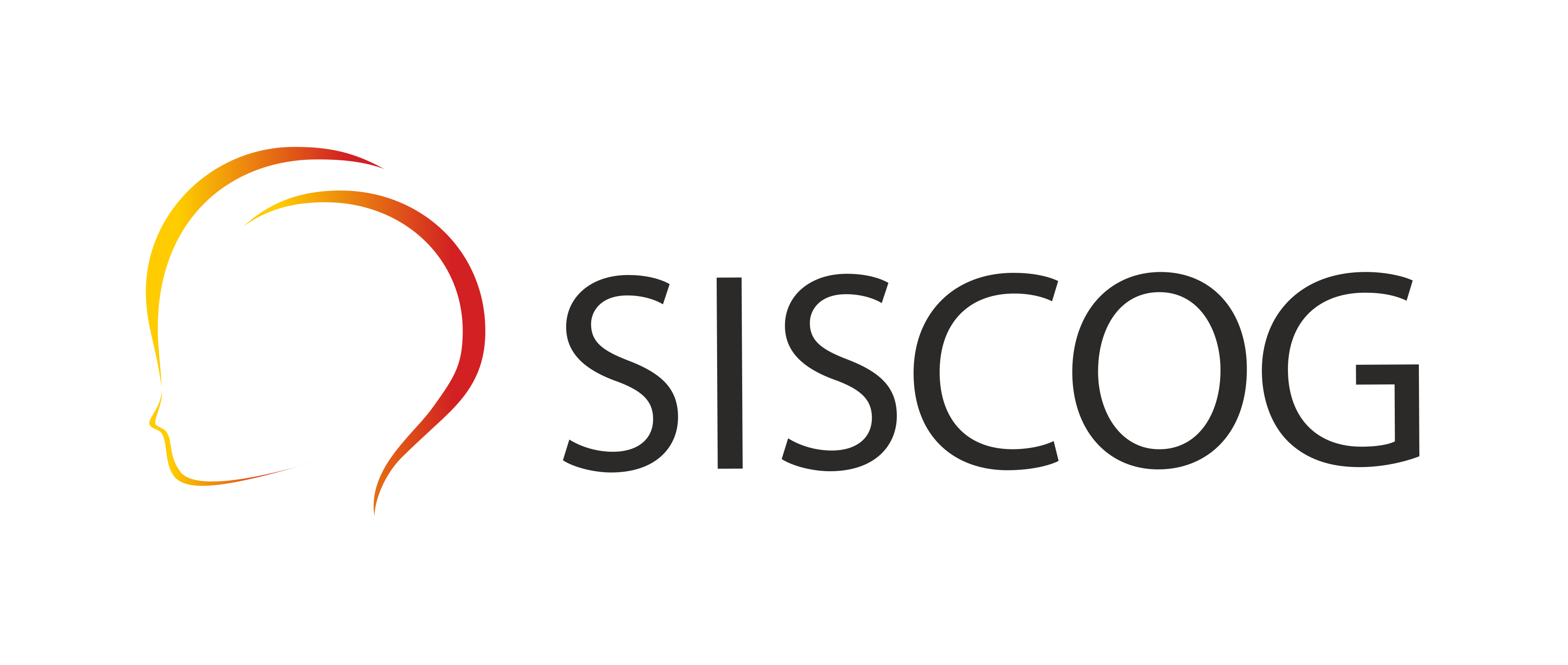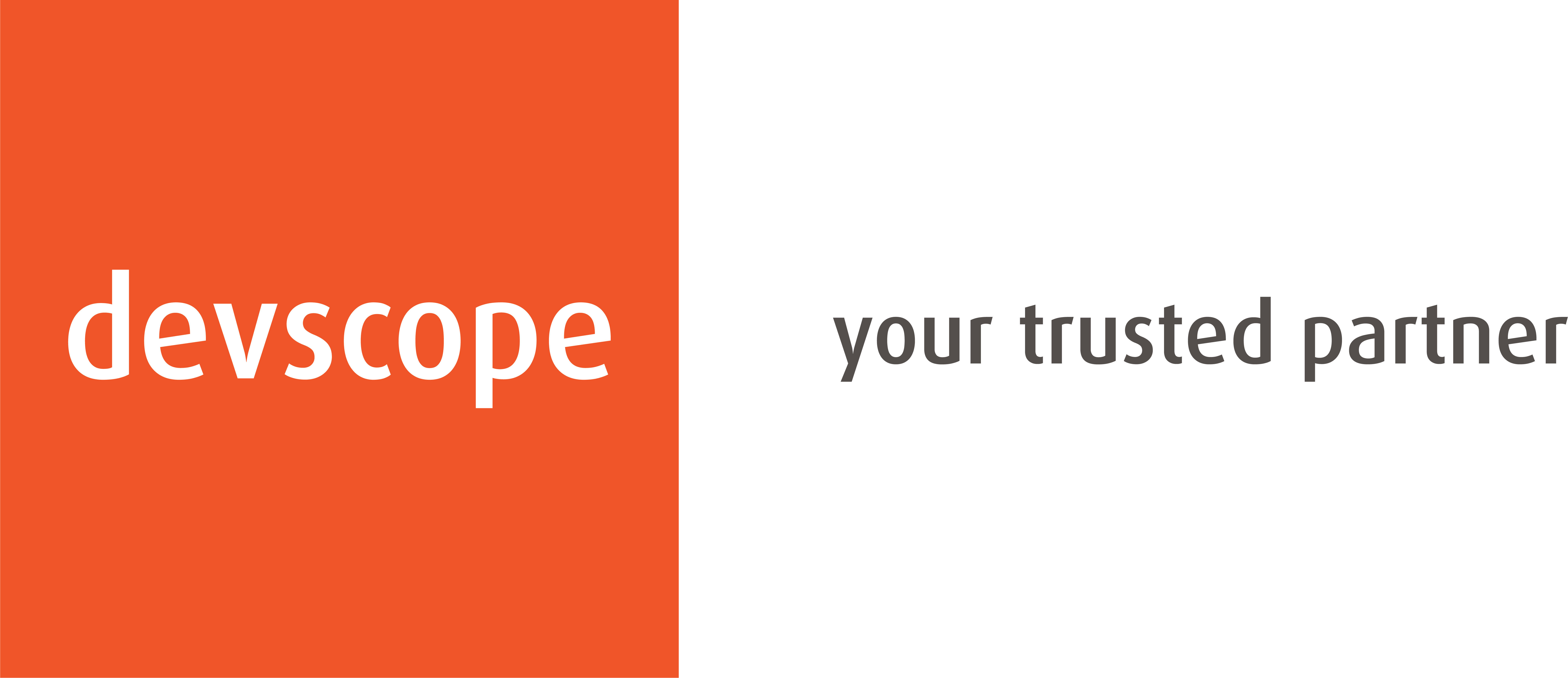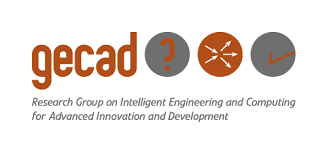Ambient Intelligence and Affective Environments (AmIA)
Ambient Intelligence (AmI) is a paradigm emerging from Artificial Intelligence (AI), where computers are used as proactive tools assisting people with their day-to-day activities, making everyone’s life more comfortable.
Affect and social behavior plays an important role in the development of Ambient Intelligent Environments. Consideration of aspects like emotions, mood, personality traits, and attitudes in human-computer, human-robot, and human-environment interaction, especially insofar as they provide better or more "natural" support for humans. These environments should be aware of the needs of people, customizing requirements and forecasting behaviors.
AmI environments may be highly diverse, such as homes, offices, meeting rooms, schools, hospitals, control centers, transport facilities, tourist attractions, stores, sport installations, music devices, etc.
In the Thematic track on AmIA Environments we will create a multi-disciplinary discussion forum that will bring together researchers from the different fields addressed discussing issues in Artificial Intelligence topics included in the Ambient Intelligence and affective environments. Researchers are welcome to present both theoretical and practical works as well as the lessons learned with their application in the varied range of domains. Emphasis will be placed on the presentation of concrete systems, discussion of implementation and development challenges and sharing of conclusions achieved and relevant results.
Topics of Interest
In order to fulfill these objectives, submissions of substantial, original and previously unpublished work are invited in all areas of Ambient Intelligence and Affective environments. The topics of interest include, but are not limited to:
- Applications
- Ambient Assisted Living
- Ubiquitous Computing
- Artificial Intelligence for AmI
- Intelligent Environments
- Pervasive Computing
- Context Aware Computing
- Agent & Multiagent Systems for AmI
- Mobile Computing
- Sentient Computing
- e-Health
- Context Modeling
- AmI for e-Learning
- On-line Dispute Resolution
- Memory Assistant
- Computational models of emotions
- Group Emotion
- Affect and learning
- Artificial characters
- Affect and emotion recognition
Paper Submission Instructions
All accepted papers will be published by Springer in a volume of Springer’s Lecture Notes in Artificial Intelligence (LNAI) corresponding to the proceedings of the 19th EPIA Conference on Artificial Intelligence, EPIA 2019.
Submissions must be original and not published elsewhere. Papers should not exceed twelve (12) pages in length and must adhere to the formatting instructions of the conference. Each submission will be peer reviewed by at least three members of the Program Committee. The reviewing process is double blind, so authors should remove names and affiliations from the submitted papers, and must take reasonable care to assure anonymity during the review process. References to own work may be included in the paper, as long as referred to in the third person. Acceptance will be based on the paper’s significance, technical quality, clarity, relevance and originality. All accepted papers must be presented orally the conference by one of the authors and at least one author of each accepted paper must register for the conference.
This track also accepts short papers submissions (maximum of 6 pages) for position papers, work in progress and application/demonstration papers. The registration fee is the same for regular and short papers. In case of acceptance authors will have the same time for paper presentation.
All papers should be submitted in PDF format through the EPIA 2019 EasyChair submission page. Prospective authors should select the thematic track to which their paper is to be submitted.
Important Dates
Paper submission deadline (Extended) : April 15, 2019 April 30, 2019
Notification of paper acceptance: May 31, 2019, June 7, 2019
Camera ready papers deadline: June 15, 2019, June 21, 2019
Conference dates: September 3-6, 2019
Organizing Committee
Goreti Marreiros, Instituto Superior de Engenharia do Porto, Portugal
Paulo Novais, Universidade do Minho, Portugal
Ana Almeida, Instituto Superior de Engenharia do Porto, Portugal
Sara Rodríguez, University of Salamanca, Spain
Peter Mikulecky, University of Hradec Kralove, Czech Republic
Program Committee
Amal Seghrouchni, Univ. Pierre et Marie Curie, France
Amilcar Cardoso, University of Coimbra, Portugal
Ana Almeida, Polytechnic of Porto, Portugal
Ana Paiva, IST, Portugal
Ângelo Costa, Universidade do Minho, Portugal
Antonio Caballero, University of Castilla-La Mancha, Spain
Antonio Camurri, University of Genova, Italy
Boon Kiat-Quek, National University of Singapore, Singapore
Carlos Bento, University of Coimbra, Portugal
Carlos Iglesias, Universidad Politécnica de Madrid, Spain
Carlos Ramos, Polytechnic of Porto, Portugal
César Analide, University of Minho, Portugal
Dante Tapia, University of Salamanca,
Davide Carneiro, Polytechnic of Porto, Portugal
Diego Gachet, European University of Madrid, Spain
Eva Hudlicka, Psychometrix Associates Blacksburg, USA
Fábio Silva, University of Minho, Portugal
Florentino Fdez-Riverola, University of Vigo, Spain
Goreti Marreiros, Polytechnic of Porto, Portugal
Guillaume Lopez, Aoyama Gakuin University, College of Science and Technology, Japan
Grzegorz Napela, AGH University of Science and Technology, Poland
Hoon Ko, Chosun University, South Korea
Ichiro Satoh, National Institute of Informatics Tokyo, Japan
Javier Bajo, Polytechnic University of Madrid, Spain
Javier Jaen, Polytechnic University of Valencia, Spain
Jean Ilié, Univ. Pierre et Marie Curie, France
João Carneiro, Polytechnic Institute of Porto, Portugal
José Machado, University of Minho, Portugal
José Molina, University Carlos III of Madrid, Spain
José Neves, University of Minho, Portugal
Juan Corchado, University of Salamanca, Spain
Laurence Devillers, LIMS-CNRS, France
Lino Figueiredo, Polytechnic of Porto,
Luís Macedo, University of Coimbra, Portugal
Paulo Novais, University of Minho, Portugal
Peter Mikulecky, University of Hradec Kralove, Czech Republic
Preuveneers, K. U. Leuven, Belgium
Ricardo Santos, Polytechnic of Porto, Portugal
Rui José, University of Minho, Portugal
Sara González, University of Salamanca, Spain
Shin’Ichi Konomi, University of Tokyo, Japan
Tatsuo Nakajima, Waseda University, Japan
Tiago Oliveira, National Institute of Informatics, Japan
Vic Callaghan, Essex University, UK
Vicente Julián, Polytechnic University of Valencia, Spain
Track Supporting Institution
![]()
Track Sponsor



















